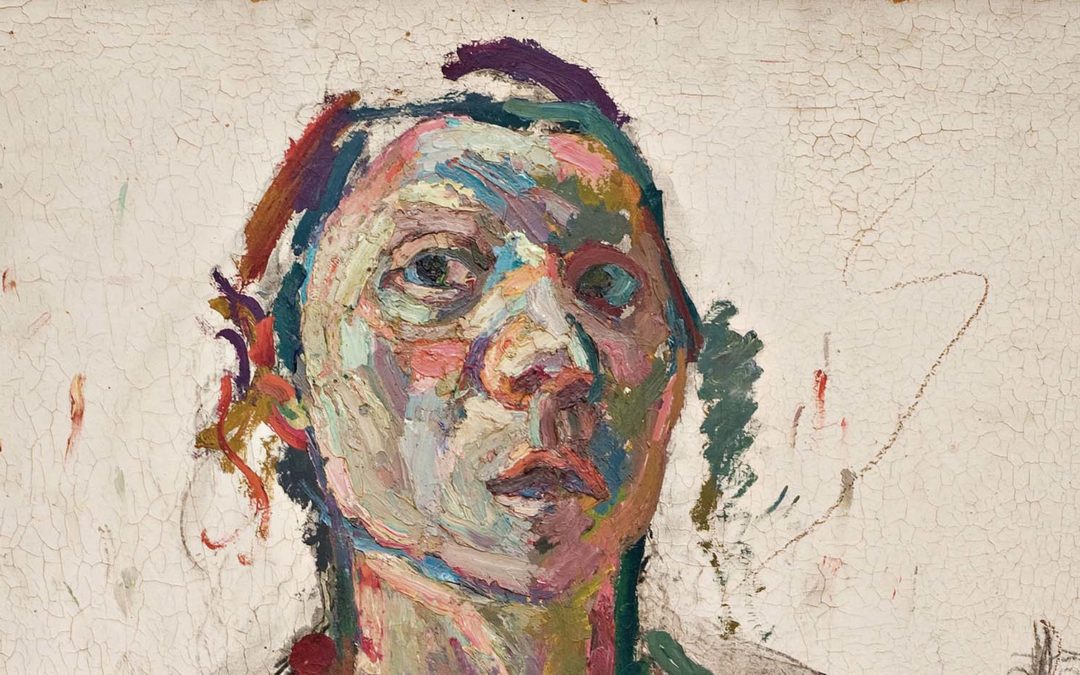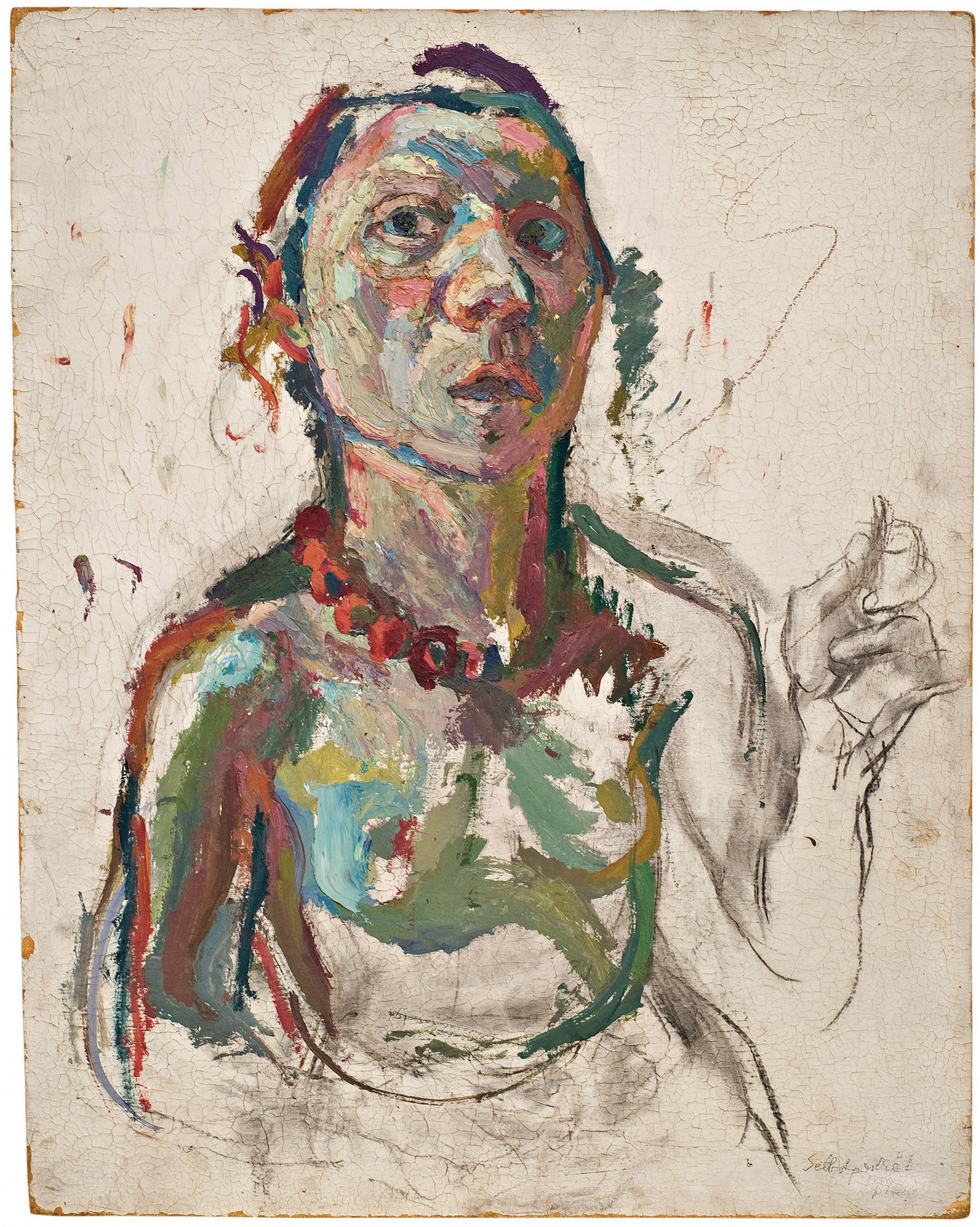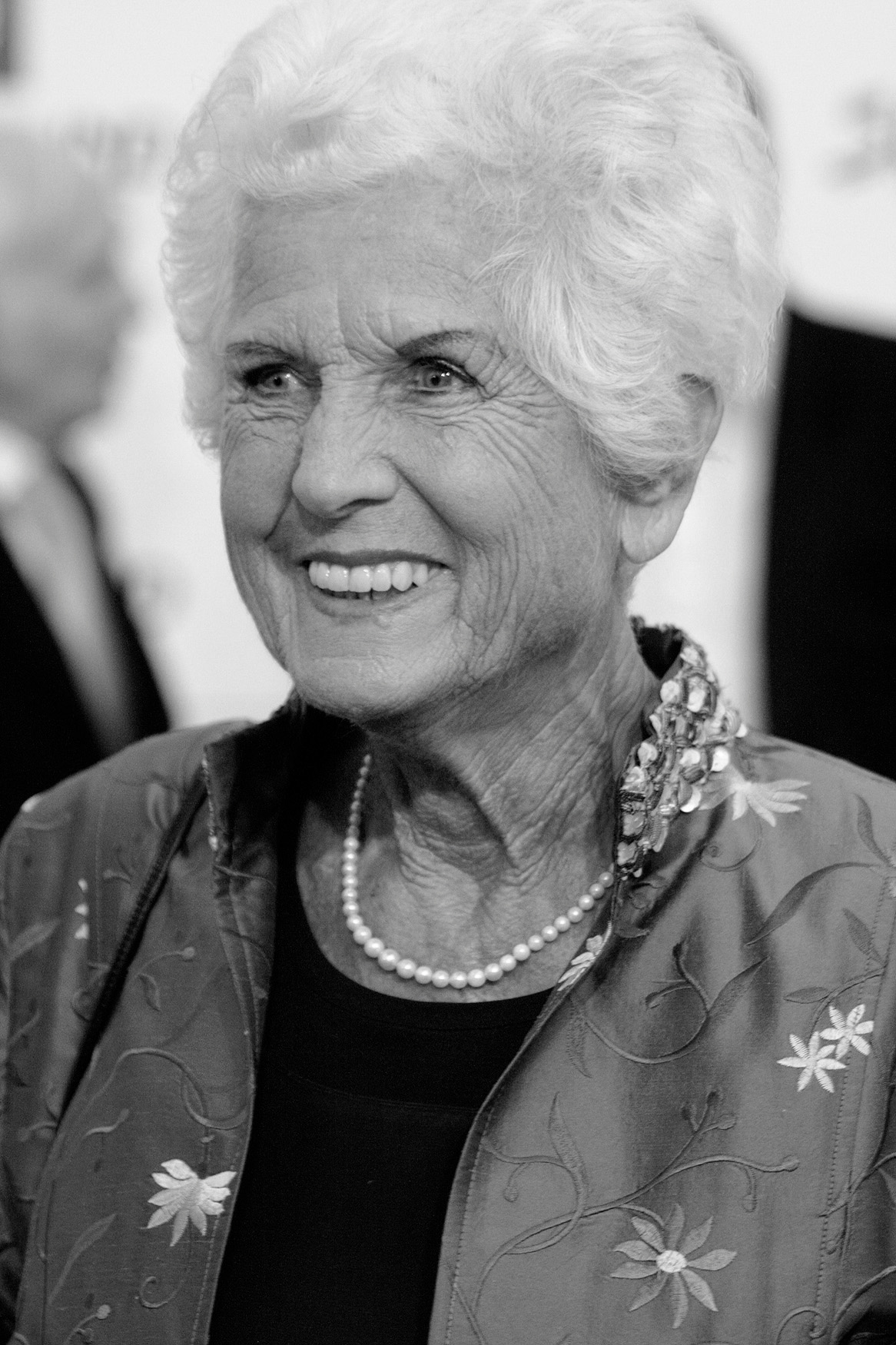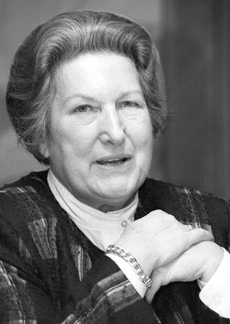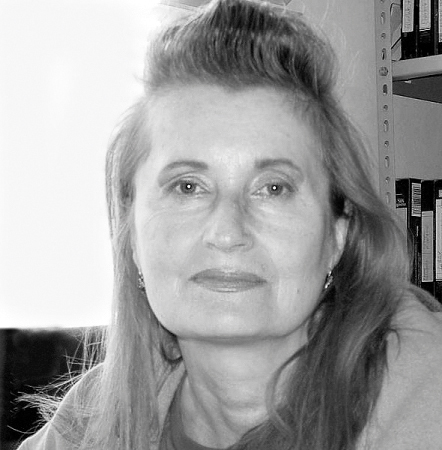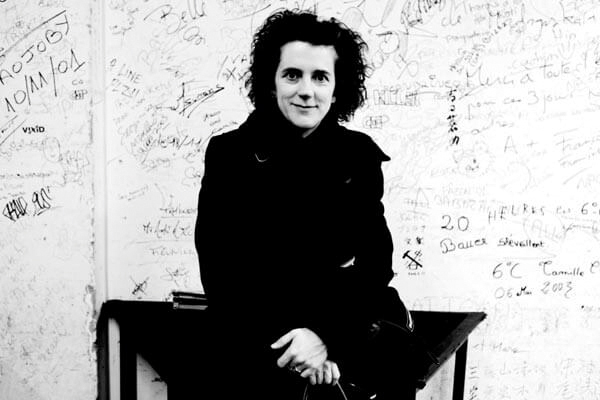A New Self-Assurance
Strong Women Conquer the World
The magnificent achievements of woman authors, musicians, painters, and many others put to shame all those who denied or still deny women’s capacity to achieve great things of an abstract or artistic nature. But even today, women still face obvious and subtle obstacles in all manner of careers and life projects. Which is to say that though the emancipation of women has made great strides, much still remains to be done!
Maria Lassnig, artist (1919–2014)
Maria Lassnig’s first major impulses for the world of fine arts came in the form of her “body sensation painting”. She went on to represent Austria at the Venice Biennale alongside VALIE EXPORT in 1980—a year that also saw her assume a painting professorship at the University of Applied Arts Vienna as the first woman in the German-speaking world to hold such a post. As part of her masterclass there, Lassnig—by then internationally successful—set up Austria’s only instructional studio for animation in 1982. She went on to become the first woman to receive the Grand Austrian State Prize for Fine Arts. And in 2013, Maria Lassnig was awarded the Venice Biennale’s Golden Lion for her life’s work. The 93-year-old painter was overcome with joy, but by that time too weak to accept the award in person.
Freda Meissner-Blau, environmental activist and politician (1927–2015)
It was through her involvement in various grassroots initiatives that Freda Meissner-Blau first became a major figure in Austria. She contributed crucially to the referendum campaign that narrowly averted the commissioning of the already-built Zwentendorf Nuclear Power Plant in 1978. Her courage and conviction also played a role in the occupation of the Hainburger Au wetlands, a campaign that successfully saved them by stopping the construction of a planned hydroelectric plant. Meissner-Blau formally entered Austrian politics in 1986 as a cofounder of the Austrian Greens and their candidate for the office of Federal President. She received only 5.5 % of the vote, but then became the newly founded Green Party’s lead candidate in its first parliamentary race. The young party managed to enter parliament, and Meissner-Blau thus became Austria’s first female parliamentary group leader. Later on, Meissner-Blau left politics and worked for international organisations, authored books, and held numerous lectures. She was survived by her three children, whom she raised mostly on her own.
Maria Schaumayer, economist and politician (1931–2013)
Maria Schaumayer served as president of the Austrian National Bank from 1990 to 1995 as the world’s first woman to become a national bank president. She advocated Austria’s accession to the EU and also played a major role in developing European currency reform measures. The former Vienna executive city councillor for the People’s Party was also assigned by the government to handle the matter of paying reparations to 150,000 individuals who had been forced labourers under the Nazi regime. It was with great skill that she managed to successfully conclude the international negotiations on this important chapter in Austria’s recent history. Schaumayer helped to advance women’s careers as more than just a role model. In an interview, she once stressed just how important it is to create public awareness of glass ceilings—in order to shatter them. And indeed, she herself functioned as an icebreaker. In 1991, she formed a foundation for the advancement of women in science and business. And in 2006, she was the first woman to become an honorary member of the Austrian Academy of Sciences.
VALIE EXPORT, artist (*1940)
VALIE EXPORT, born as Waltraud Lehner, made a name for herself as a performance artist—above all during the late 1960s and early 1970s. She became famous with her 1968 action Tapp- und Tastkino (Tap and Touch Cinema), which she first performed at the 1st European Meeting of Independent Filmmakers in Munich. Through a metal box attached to her upper torso, she allowed people on the street to touch her breasts for twelve seconds each. This action brought cinema directly to the people and encouraged them to think about typical portrayals of women in movies. Her action exposed the medium as one that pretends to embody real sexual freedom while actually denying true sexual experience. Since then, the media and performance artist and filmmaker Export has exhibited internationally and taken part in film and video festivals. And in 2015, the VALIE EXPORT Center—an international place of research on media and performance art—was opened in Linz.
Elfriede Jelinek, author (*1946)
In 2004, Elfriede Jelinek became the first Austrian to receive the Nobel Prize in Literature—“for her musical flow of voices and counter-voices in novels and plays that with extraordinary linguistic zeal reveal the absurdity of society‘s clichés and their subjugating power.” Jelinek writes novels, essays, and plays, and she has published most of her works exclusively on her website since receiving her Nobel Prize. As a writer, she repeatedly finds herself having to put up with things that her male colleagues are spared, such as inappropriately biographical interpretations of her famous novel Die Klavierspielerin (The Piano Teacher) that hinder dealing more deeply with its content. Jelinek is famous for her provocative way of breaking up linguistic and social clichés while mercilessly exposing repressive and unfair class and gender relations. And again and again, she publicly opposes xenophobia and violence. In her play Die Schutzbefohlenen (Charges [The Supplicants]), she employs motifs from Aeschylus’s tragedy The Supplicants in portraying the situation of asylum seekers in Europe, where human rights should, at least, be enjoyed by all.
Olga Neuwirth, composer (*1968)
Olga Neuwirth has built her creative career in the field of music—an art form that typically attempts to reduce women to reproductive roles. And the worldwide music scene—which is still male-dominated, particularly in terms of its existentially important professorships, grants, and well-financed prizes—holds her and her works in high regard. This contemporary composer became known internationally at the young age of 22 with mini-operas after texts by Elfriede Jelinek. The friendship between the two that arose at that time was mutually inspirational and led to numerous further collaborations. One can recognise similar attitudes in personal statements made by the two artists. Neuwirth seeks to help listeners who think deliberately and independently, who “understand that to which one is accustomed [in music], overcome that which prevails, and set off into the unknown.” In 2010, Neuwirth become the first woman to receive the Grand Austrian State Prize for Music.

